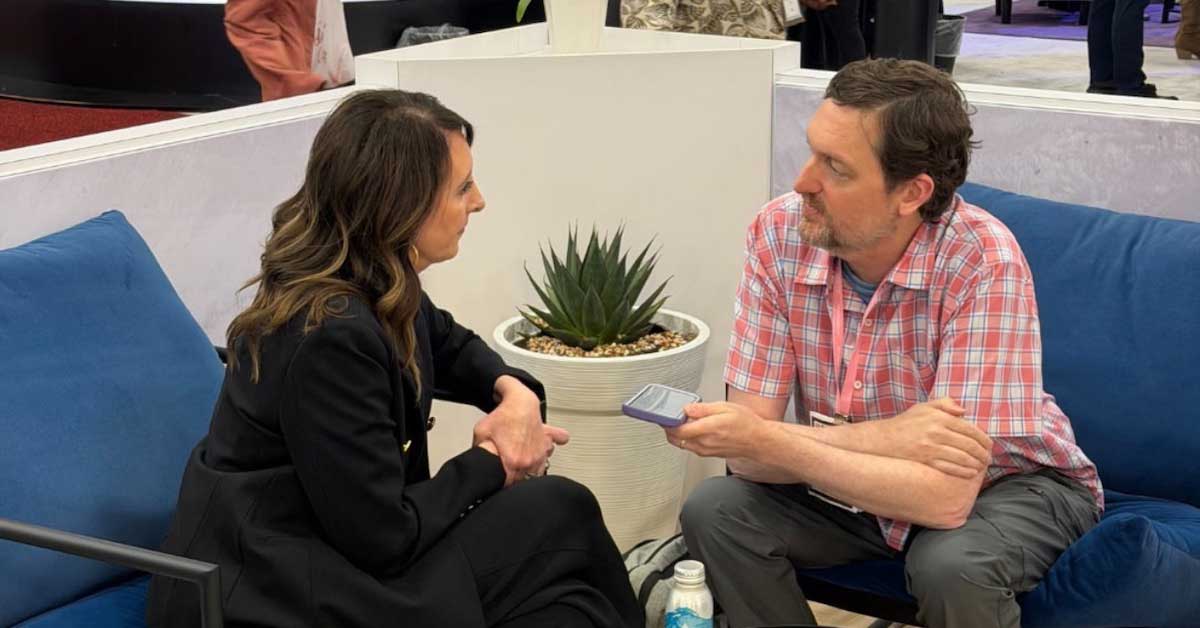The early days of March 2020 sent ripples throughout the meeting industry. Large-scale gatherings such as SXSW in Austin, Texas, were cancelled, and soon meetings of all sizes were being postponed or moved to 2021.
Looking back, we are all aware of what the global pandemic has meant to those who work in and around the meeting industry, but in March, few could have predicted the massive changes that will forever impact the world of meetings.
Those who made the decision to cancel events that were scheduled for March and April had no roadmap to other options available just a few months later. The term “zoom” was more synonymous with the Mazda commercials from a decade ago than a communications platform.
Your people need to be reminded why their participation in your organization matters.
Fast forward six months to the fall 2020, and virtual meetings are not only happening, but many are thriving. The meeting industry has become the wild west as planners, speakers, sponsors and others create new ways to deliver content and create community for people who would normally gather in-person.
At this point, you do not need to cancel your meeting. In fact, you should NOT cancel, but instead look at a variety of ways to host an online version. Is this what you want to do? Maybe not, but the world has changed, and virtual conferences are here to stay. Even after the virus crisis has ended, there will be people in your community who will prefer the digital access. Some have health or mobility issues, and others cannot travel for a variety of reasons.
Postponing and waiting to have meetings could mean the loss of future opportunities. Nobody really knows how long we will have to practice social distancing to ensure the safety of those who are vulnerable, and yet out of sight is out of mind. We need to figure out how to engage in “Social Tightening” while social distancing, and corporations and associations that host meetings have a unique role in helping people in this area.
Why hold your event? There are four reasons:
1. Your people need the educational content. While most of us are still working from home, every industry continues to have new challenges and changes. The audience who attends your events needs access to quality education to stay relevant. Educational content and professional development have always been reasons meetings are important, and that has not changed. People need access to state-of-the-art information so they can do their jobs and remain relevant. If you cancel your meeting, they will look to other organizations to provide them with knowledge.
2. Your people need community and networking. Long before COVID-19, there was an epidemic of loneliness in our global societies. In-person industry meetings filled a gap for many people who might not otherwise have access to engage with other people who share common interests. In all surveys, a top reason cited for attending meetings is the “networking opportunities.” When done right, online meetings can provide a feeling of community participation and the chance to connect with others. Without your event, people may look to other options to provide them with community.
3. Your organization needs to show continuity of relevant service. Many organizations have held annual conferences and other conventions for customers, employees or association members for decades. While some might argue that an online event cannot replace the face-to-face gathering, not holding any type of gathering for a year or two could create a gap in their habit of being part of your “family.” Your people need to be reminded why their participation in your organization matters.
4. Your organization needs to be financially stable. Many organizations look to their in-person meetings as a profit center (especially for non-profit organizations). Canceling events due to health and safety reasons forced organizations to scramble, cut budgets and find other income sources. But online meetings that provide value are still being attended. In some cases, more people attend the events streamed into their homes than were able to participate in-person. Couple that with the high costs of venues, transportation, signage, etc., and you have a way to structure an event that makes money. Maybe more money than the conference as it was initially planned.
As we look to the future, virtual and hybrid meetings are here to stay, so you might as well keep your current dates on the calendar and look for ways to be innovative and scrappy. Seek out the best ways to tailor your meeting to this new online situation.
MPI On Demand Education: Future Forward - Trust & Transparency
However, there is more to keeping the meeting than canceling the hotel rooms and getting a streaming service. The needs of a remote audience are very different from those of the people attending your event in-person. You have to pivot the whole agenda. People are not going to enjoy sitting through six or eight hour-long sessions of talking heads over PowerPoint. The virtual experience must be engaging in new ways that were not part of the in-person planning.
It is not easy to change years of traditions from your annual meeting and start fresh in the virtual world. But canceling your conference is not in the best interest of your people.
Photo by Kai Pilger on Unsplash







